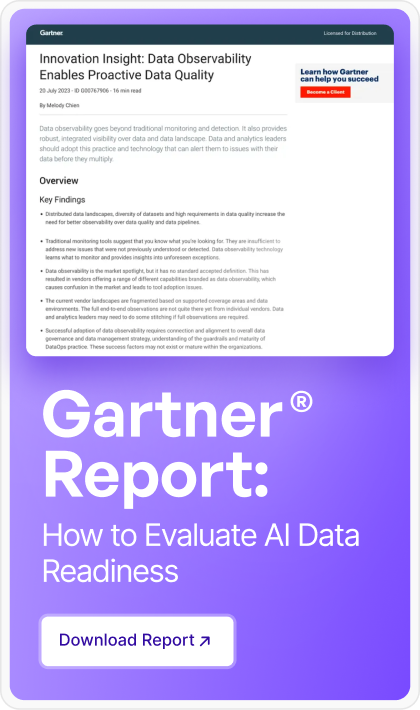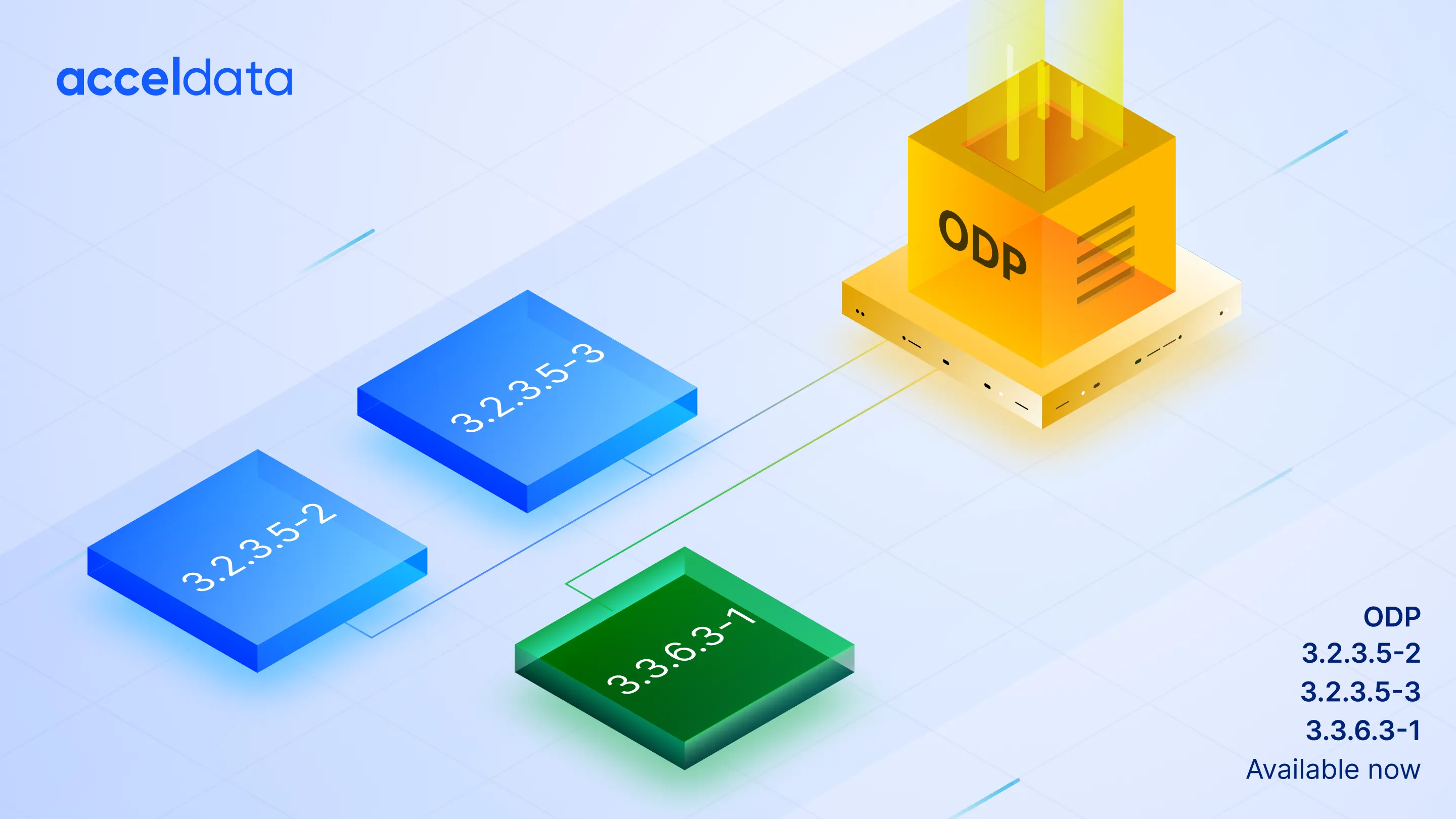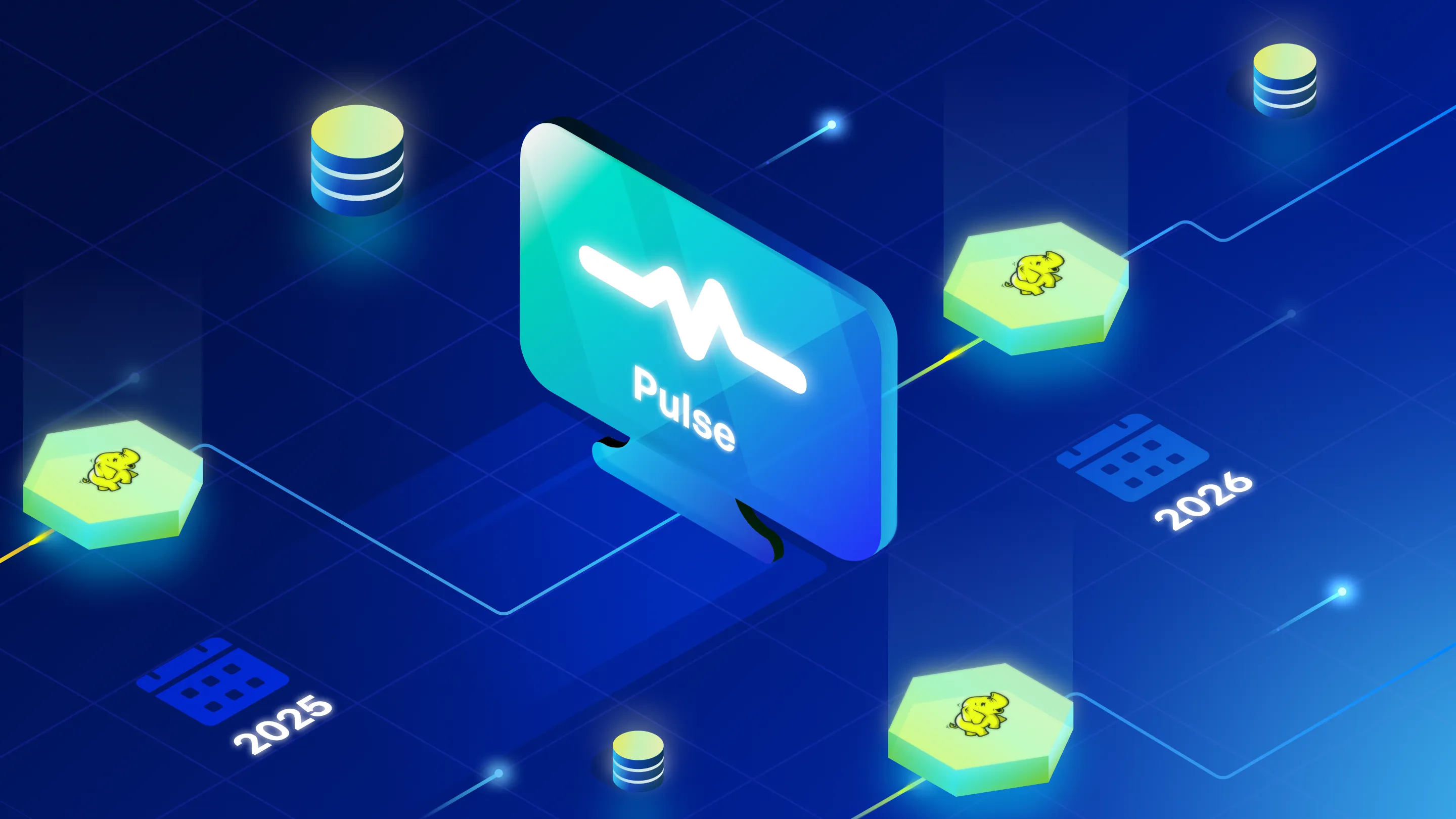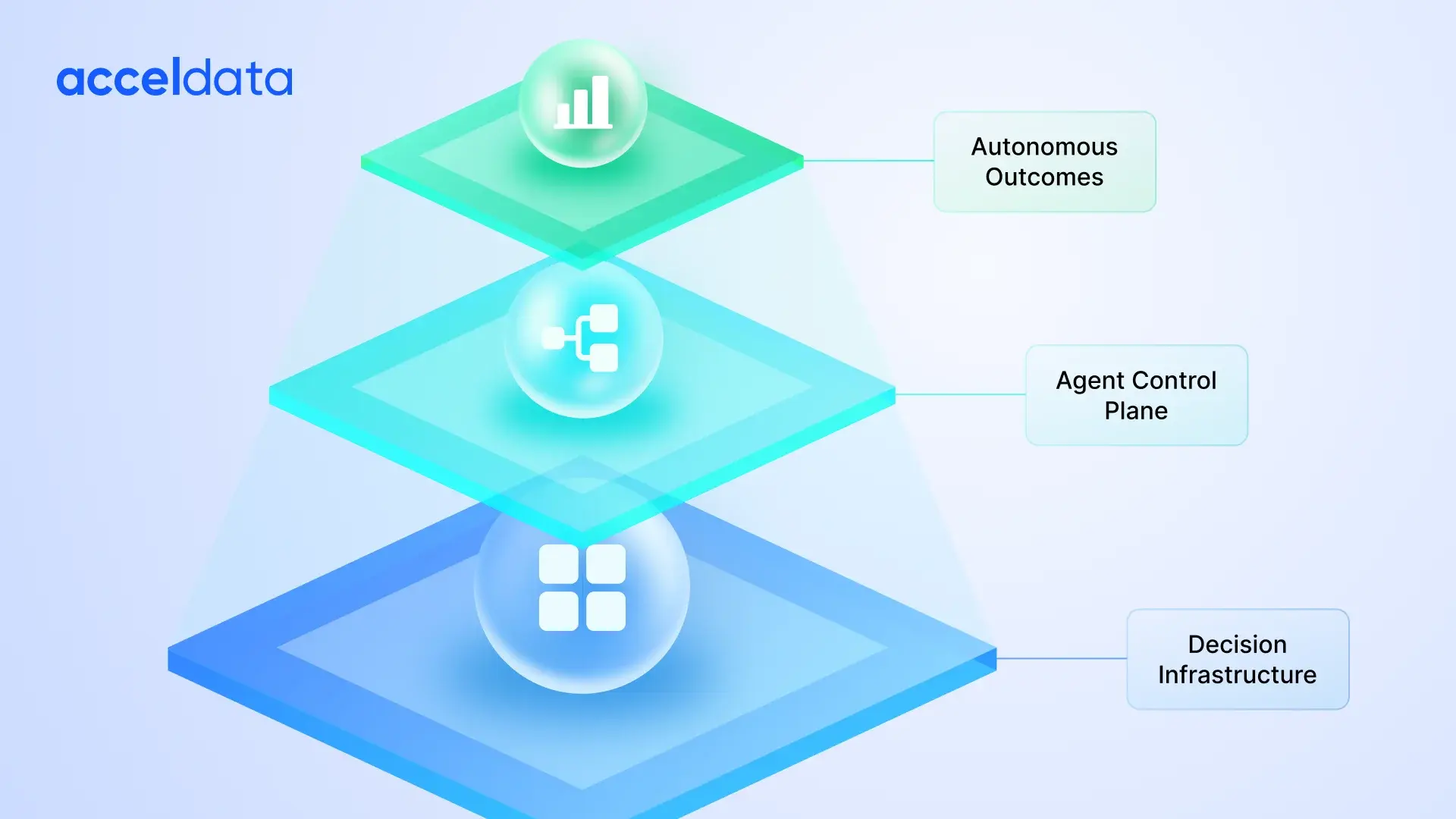Introduction
In today’s landscape of big data and complex IT systems, maintaining system reliability and preempting data anomalies is crucial for large enterprises. Acceldata has taken a bold step toward revolutionizing data observability by incorporating Large Language Models (LLMs) into its framework. This blog explores how Acceldata has developed and refined its LLM-driven data observability strategy and its impact on business operations.
Beyond Traditional Monitoring
Data observability involves more than just tracking metrics; it requires a deep understanding and proactive management. Traditional methods have relied heavily on manual tools that necessitate significant human oversight. As data volumes and system complexities surged, it became evident that a more advanced, scalable solution was needed. With the ever-increasing number of data assets, manually defining and observing them has become an arduous task. Following the proliferation of LLMs, we observed a similar trend becoming mainstream across industries: “Employee” Agents. These agents automate part or all of the workflows associated with various employee roles.
With our Observability Agents, customers can experience the platform in three ways: Manual (customizable to their requirements), Semi-Automated (providing recommendations and actions), or Full Auto Pilot.
Introducing Galileo: The Heart of Acceldata’s LLM Strategy
What is Galileo?
Galileo stands for Generative AI-Language Integration & Liaison Engine. It is a foundational platform designed to leverage Large Language Models for creating agents that automate data observability tasks. The broad capabilities of Galileo include:
- Ability to build GenAI agents based on popular 3rd party LLMs, both open-source and proprietary
- Ability for “Prompt Management”
- Authoring, Testing, and Publishing of Prompts
- Prompt versioning
- Performance Monitoring
- Guardrailing & QA
- Debuggability
- Feedback Collection and Reporting
- Ability to Monitor the cost of such agents
- Overall and per agent
- Optimize costs on the fly
- Operational Managementsome text
- Turning on/off agents depending on the needs or preferences of customers
These capabilities allow us to automate the routine tasks that data engineers face daily. Examples include:
- Text-to-Rules: This enables users to type in plain English, which the application converts into rules or SQL that can be configured in ADOC (DR). This allows business users to manage and observe their data assets.
- Automatically generating descriptions of assets at the table, column, rule, and policy levels to aid in discoverability.
- Detecting column content types and tagging them (e.g., PII, phone number).
- Recommending rules and other optimizations to improve data quality or reduce costs.
- Enabling natural language-based interactions, such as, “What are my top 10 most important assets with a low-reliability score?” or “Summarize my data assets as a chart with reliability scores.”
Building the LLM Stack: Key Considerations and Implementations
Several key considerations guided the development of Galileo:
Selecting the Right Model
Choosing the appropriate LLM is crucial given the variety of models available, ranging from proprietary options like OpenAI and Anthropic to open-source models like Llama 3 and Qwen. The decision involves balancing accuracy, latency, and costs while also considering licensing, instruction-following capabilities, and minimizing hallucinations.

Addressing Customer Concerns
- Privacy and Security: Enterprises often prefer to use open-source foundational LLMs on their premises to maintain control over their data, rather than relying on proprietary models.
- Flexibility: Galileo offers the option to host models on-premises or manage them externally, adapting to various customer needs.
Quality Assurance and Performance
- Rigorous QA: Implementing a robust QA process to address potential LLM hallucinations and ensure accuracy.
- Scalability: The system is designed to handle tens of thousands of queries per second (QPS).
- Reliability: Includes error handling protocols and operational alerts to manage data anomalies and system inefficiencies.
- Feedback Mechanism: A dual feedback system refines model performance through user input and backend analysis.
- Cost Efficiency: Balancing operational costs with scaling requirements to maintain efficiency.
- Feature Management: Implementing feature flags for dynamic testing and stability.
- Monitoring and Logging: Comprehensive systems for transparency and accountability.
- Security and Safety: Emphasizing data handling, model training, and prevention of security threats.
Enhancing Internal Capabilities
- Prompt Management: Tools for managing and refining prompt versions and templates.
- Internal Democratization: Making LLM technologies accessible within the company for broader use cases.
- Guardrails: Establishing cost-related safeguards to manage expenses and avoid surprises.
Effective Outcomes and Business Impacts
Proactive Management
The ability to generate SQL queries and monitoring rules on demand shifts data management from a reactive to a proactive stance, mitigating potential issues before they disrupt operations.
Data Access Democratization
The simplified “Text-to-SQL” and “Text-to-Rules” interfaces enable even non-technical users to interact with data and set up monitoring, breaking down barriers to data access within large enterprises.
Cost and Time Efficiency
Automating processes and reducing manual intervention cut labor costs and minimize errors, while rapid issue detection ensures minimal system downtime.
Looking Ahead
Acceldata is focused on further advancing its LLM capabilities by developing robust LLM agents and expanding use cases, propelling data observability into the next era. For more updates on Acceldata’s innovations and how we’re transforming data observability, visit Acceldata.
Curious about how different large language models shape your data observability strategy? Download this ebook now.






.png)

.png)








.webp)
.webp)


